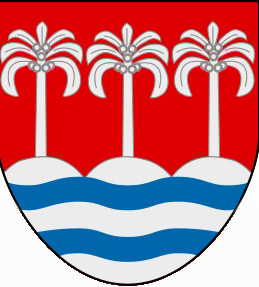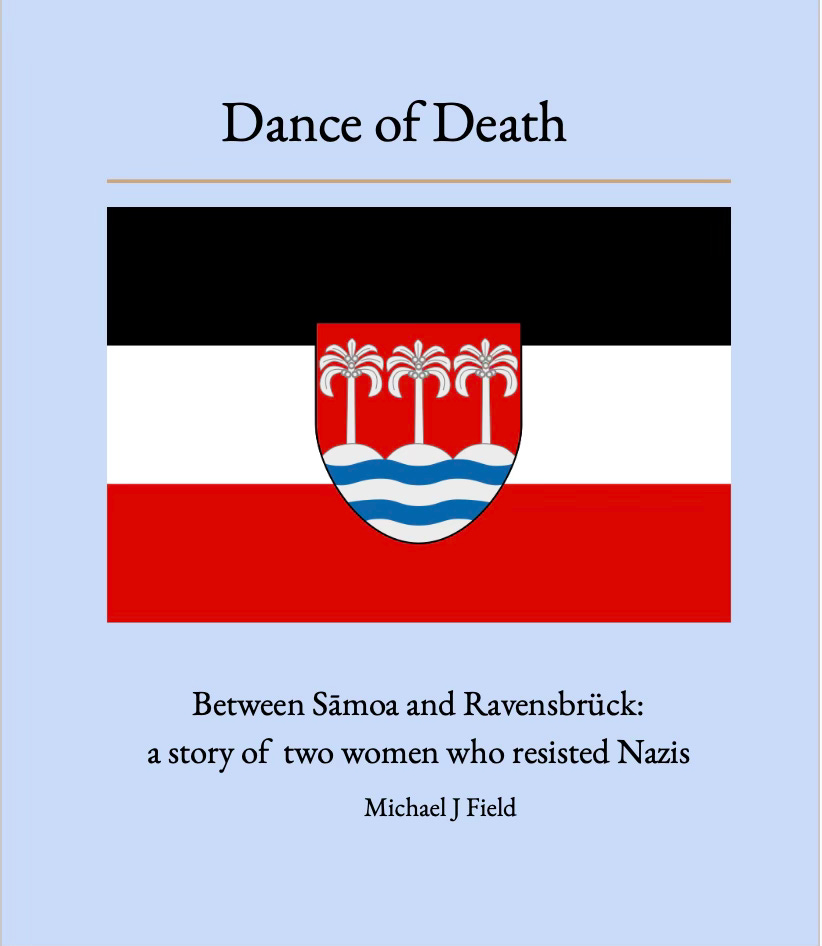On January 20, 1942, sixteen Nazi officials gathered in Wannsee - a Berlin suburb - for a 90-minute discussion on the chilling logistics of mass murder.
With an agenda and minutes on record, these bureaucrats discussed how to industrialize the ‘final solution’ to the Jewish question, essentially planning the systematic extermination of millions. Convened by SS General Reinhard Heydrich, head of the Reich Main Security Office, the meeting set in motion the grim mechanics of genocide, including priority trains to transport thousands of Jews across a war-ravaged Europe. In a twist that sounds almost too cinematic, just three months later, Heydrich - one of the most ruthless cogs in the Nazi killing machine - was assassinated in Prague by British-trained Czech and Slovak soldiers, prompting a brutal Nazi backlash that obliterated the village of Lidice and claimed roughly 340 lives. There were two people at Wannsee who later had life-and-death roles over Johanna and Lagi. Herbert Lange was one of them. The other was lawyer Roland Freisler, 47, representing the Reich Ministry of Justice where he was a departmental head.

Soon after Wannsee, Freisler was appointed judge-president of the Volksgerichtshof (People’s Court). Established in 1934 by Hitler, after the Reichstag fire trial that had not gone the way the Nazis wanted, it was to try various political offences including defeatism and treason. American correspondent William Shirer described Freisler as ‘perhaps the most sinister and bloodthirsty Nazi in the Third Reich after Heydrich’ and ‘a vile, vituperative maniac’. One official admitted Freisler was a good speaker but had other problems: ‘He is unsuitable for any leadership post, since he is an unreliable and moody person.’ Freisler had fought on the Eastern Front during World War One. Captured by the Russians. As a prisoner of war he learnt Russian and became attracted to Marxism. The Bolsheviks rewarded him as a commissar for the camp's food supplies. Freisler had to spend much of his later Nazi years denying he had become a communist. After the war and back in Germany and qualified as a lawyer, his first political move was to become a city councillor in Kassel, standing for the Völkisch-Sozialer Block (‘People's Social Block’), an extreme nationalist splinter party. He joined the Nazis and acted for the party members in trouble. He became a member of the Reichstag. Hitler did not like Freisler. Josef Goebbels once suggested to Hitler that Freisler could become the new justice minister.
‘That old Bolshevik? No!’ Hitler replied.
Even Heydrich, known as ‘the Blond Beast’ for his savagery, could not stand the judge: ’Freisler is a slimy charlatan.’
Keep reading with a 7-day free trial
Subscribe to Michael Field's South Pacific Tides to keep reading this post and get 7 days of free access to the full post archives.





